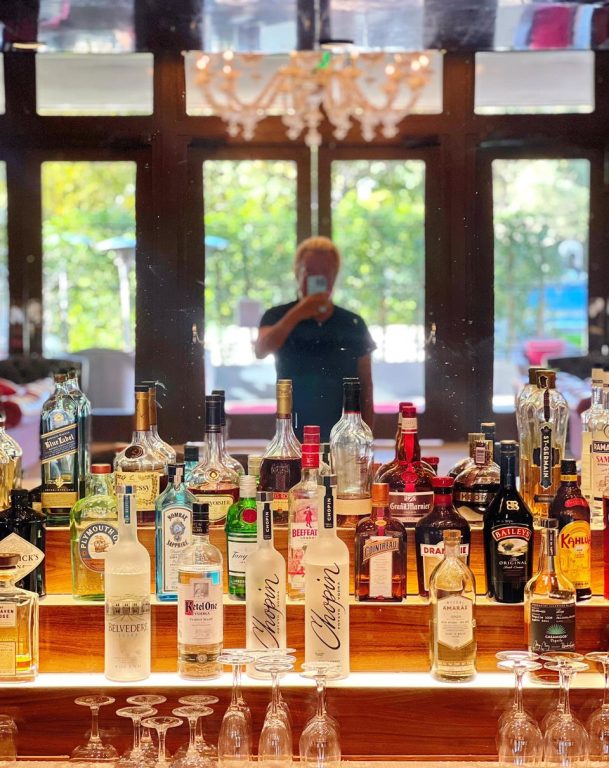A democratic process for the modernization of Japanese entertainment

When I was 22 years old, I was working as a production manager (production manager) for a major commercial production company. The company decided to produce a feature film, and I was sent out to work on it.
It was Rie Miyazawa’s first starring role in a movie called “Our Seven Day War,” and I was about the third assistant director (in essence, a passerby).
During the bubble era, commercial production always had a plentiful budget, and many of the staff members were polite and interesting senior staff members. Film production, however, had always been steeped in apprenticeship and poverty. Toho’s Kinuta Studio was in disrepair. I was surprised to see the studio art staff drinking a bottle of sake in the afternoon.
The film staff was always uncooperative because of their jealousy toward the commercial staff. They said that the film was first-rate and the commercials were third-rate. However, I once found a thumbtack in my shoe that I had taken off, and my personality was third-rate.
When I was in junior high school, I saw “Star Wars” and was so impressed that I wanted to become a movie director. I read many books on the history of film, and after reading many stories about Nagisa Oshima’s bullying at Shochiku’s Ofuna Studio during his long period as an assistant director, I thought that I could not endure being an underling for at least 10 years. However, at that time, Japanese nouvelle bourque directors such as Yoshimitsu Morita, Kichitaro Negishi, and Kazuki Omori, who had come from the 8mm film industry and had never worked as an underling, came to Japan, and I had hope.
However, nearly half a century has passed since then, and the Japanese film industry has not changed at all. For some reason, people who make movies are overbearing and not at all creative. It is a case of “poverty dulls the work. Of course, there are some sites where this is not the case. But there is no doubt that the tendency is to have a rough and tumble constitution.
There, the #MeToo movement that became an issue in Hollywood five years ago (October 5, 2017, when the “New York Times” reported on Hollywood’s influential producer Harvey Weinstein’s years of sexual abuse) has finally arrived in Japan. Too late…
I think there is an underlying sense of privilege that they are special. Otherwise, they would not be able to commit such barbaric acts as “I’ll put you in a movie, go out with me! Otherwise, they would not be able to commit such barbaric acts.
Oh dear. It is not only sexual harassment and power harassment. Because film and entertainment work is done out of admiration, people take it for granted that the working hours and treatment are different from those of ordinary salarymen. (In fact, it is written in one court decision against the low income of actors.) In Japan, does the work you love have to be a hobby? As long as entertainment is one of the industries, we should create an environment where people can engage in normal work.
In the 21st century, the act of making a film is not a privilege.
Anyone can make it right on their iPhone. The democratization of filmmaking is long overdue. It should only be their own talent that makes them feel special.
◆ Reference
New accusation from actress of “forced sexual intercourse” by director Hideo Sakaki in “sexual assault film
https://bunshun.jp/articles/-/52727
Two actresses accuse director Hideo Sakaki’s ally Houka Kinoshita of “sexual assault.” https://bunshun.jp/articles/-/52915
Director Sion Sono apologizes and says, “I would like to review the way things should be in the future…” On the other hand, he refutes reports of sexual assault.
https://bunshun.jp/articles/-/53352
Full text of Kiko Mizuhara’s comments on “Sexual Assault in the Entertainment Industry”
https://bunshun.jp/articles/-/53498
I just had a sudden urge to write.” Sunao Suzuki #note
https://note.com/sawasuzuki/n/n9f158e9b878b
Interview with Tomoho Asada, Intimacy Coordinator, an expert in protecting actors from shooting sensitive scenes
https://d4p.world/news/15453/







